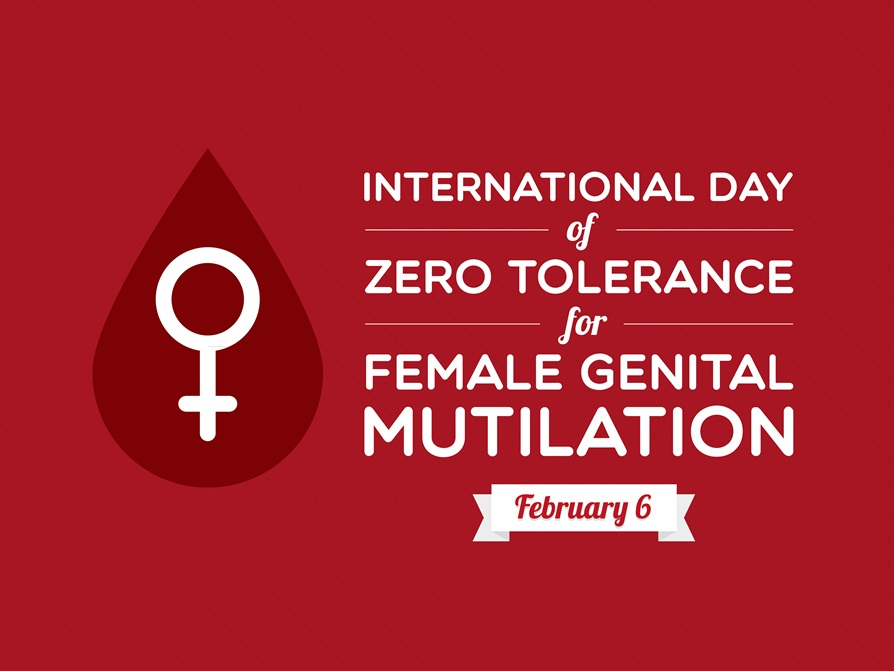Written by Clare Ferguson

Parliament’s next plenary session takes place from 9 to 12 February in Strasbourg. With little high-profile legislative work on the agenda, the session takes place before a backdrop of ongoing security concerns. The informal European Council meeting at the end of the week is likely to demonstrate how the EU’s leaders see the Union’s role in fighting the terrorist threat, and to what extent their vision corresponds to Parliament’s.
The first thing on MEPs’ agendas for February is a vote on an Environment Committee demand for the European Commission to propose legislation allowing us all to see exactly where the meat in the processed food we eat comes from. But would legislating to make country of origin labelling compulsory for all meat products really reduce food fraud?
On Tuesday, among topics on the agenda, is EU-wide information exchange on traffic offences; where the EP is due to adopt its first reading position as the next step in the legislative procedure. The current Commission proposal is to all intents and purposes identical to previous legislation struck down by the Court of Justice, except in that it will now include the UK, Denmark and Ireland. Designed to improve road safety, the Directive proposes establishing a basis for enforcement of sanctions for road traffic offences such as drink-driving and speeding committed in Member States by drivers who are not residents. The aim is to ensure it will no longer be possible for traffic offenders to ‘get away’ with committing offences when visiting other EU countries.

Human rights are a major priority for the EP, and there are therefore concerns that the lack of concrete deadlines for EU action may hamper the fight against gender-based violence. In particular, the EP, referring to estimates that at least 500 000 women living in the EU have been subjected to female genital mutilation (FGM), has taken a position of zero tolerance for this form of violence against women and girls.
In a joint debate the plenary will also vote on the accession of eight non-EU countries (such as Morocco, Albania, Russia) to the 1980 Hague Convention. The convention is the main international instrument ensuring judicial and administrative cooperation in cases of child abduction by a parent who subsequently takes the child out of the country. It aims to enforce both the return of the child and judgements regarding custody and access, in what are very complex cases, where many jurisdictions are involved.
The discussions scheduled for Wednesday morning, come in advance of the European Council meeting the following day. In the afternoon, votes are due on the motions for resolution on the US Senate report on the use of torture by the CIA, and recent atrocities in Nigeria, following debates in plenary last month.
The sheer numbers of refugees and asylum seekers trying to gain access to the EU through its external borders puts those countries most affected under extreme pressure, particularly in the Mediterranean region. The plenary will discuss the way forward for the European Asylum Support Office (EASO), an EU agency which helps Member States to cope when faced with large numbers of asylum applicants. To date, Greece, Italy, Bulgaria, Cyprus, Luxembourg and Sweden have all benefited from EASO support. Similarly, it can be expected that MEPs will discuss increasing the limited resources available to Frontex – a tiny organisation operating with only 316 staff members – to manage Europe’s external borders under increasing pressure from irregular migrants.
| A list of all material prepared for this Plenary Session: |
| EU-wide information exchange on traffic offences : DE – EN – ES – FR – IT – PL |
| Zero tolerance for female genital mutilation : DE – EN – ES – FR – IT – PL |
| Country of origin labelling for meat in processed foods : DE – EN – ES – FR – IT – PL |
| European Asylum Support Office (EASO) : DE – EN – ES – FR – IT – PL |
| Cross-border parental child abduction : DE – EN – ES – FR – IT – PL |
| Frontex – Management of Europe’s borders : DE – EN – ES – FR – IT – PL |








Be the first to write a comment.